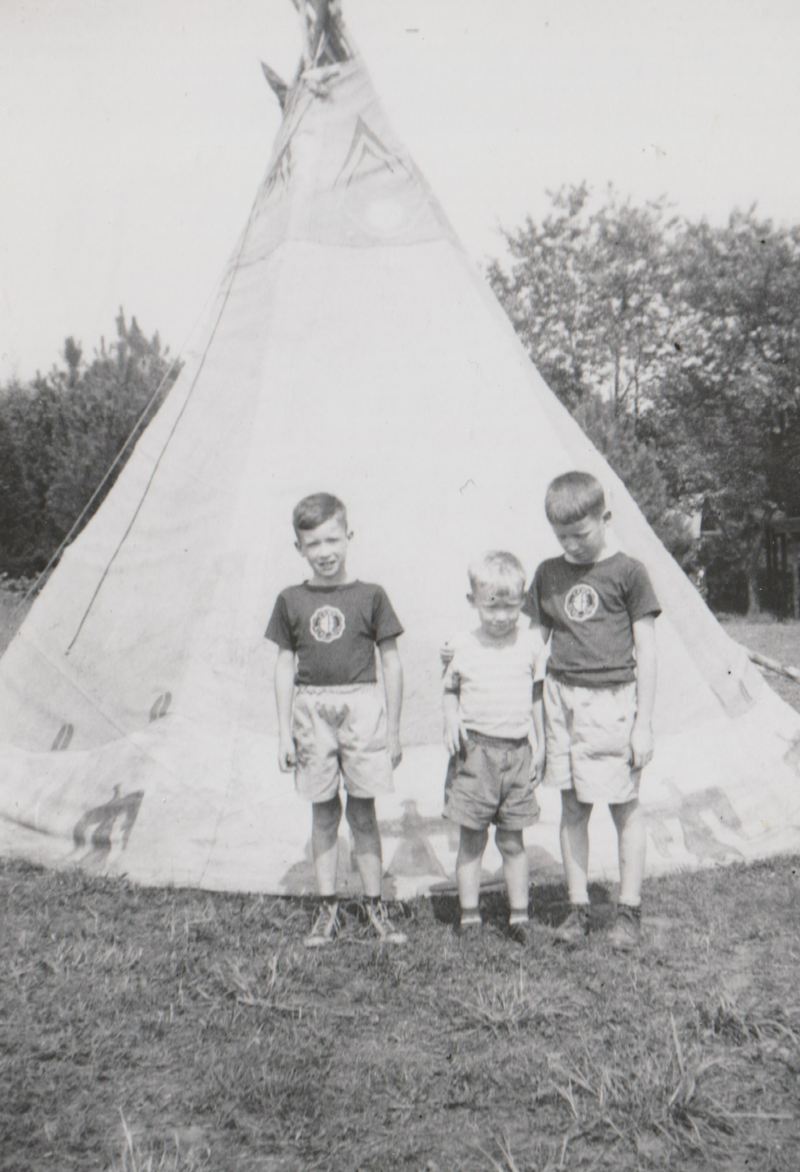Early on during The British Invasion, the Kinks, despite hits like “You Really Got Me” and “All Day and All of the Night,” played second-fiddle, like The Who, to The Beatles (their 1964 overnight explosion in the United States is still remarkable; hit after hit after hit, a movie, trading cards, Beatles wigs, Beatles boots, that “long” hair) and The Rolling Stones. In 1965, after the Stones’ “Satisfaction,” the question was no longer “Which Beatle do you like best?,” but a promotion-driven comparison of “the lovable mop-top lads from Liverpool” or the “bad-boy” Stones. It was a fun debate—and Paul McCartney is probably still taking names of those who preferred the Stones) that evaporated once those bands left the pages of girly heartthrob magazines like 16, shed the suits, and forged on with albums of all original songs. Like many, I pick Revolver as the Beatles topper, and 1972’s Exile on Main St. for the Stones (though Between the Buttons and Beggar’s Banquet are something else).
Anyway, I haven’t the patience to comb through online images of teen celebrity mag covers, but I doubt Ray Davies, the brilliant songwriter for the Kinks, was ever featured. I owned all their records, gems (The Who’s “rock opera” Tommy, while outstanding, has nothing on the Kinks’ Arthur), until they ran out of gas with Muswell Hillbillies. It was with that release that the band finally caught commercial fire. They were banned from touring in the U.S. for four years after a bad-behavior incident in 1965—and union/visa troubles—which allowed Davies to sit in England and write pop masterpieces like “Sunny Afternoon,” “Waterloo Sunset,” “Big Sky” and “Some Mother’s Son.” Initially, albums like Something Else and Arthur were critical successes and cash-register duds in America; in the early days of Rolling Stone, The Kinks Are The Village Green Preservation Society was featured as a bonus for subscribing to the still-gathering steam biweekly. Participants got the record, a “God Save the Kinks” circular sticker and a sub for six bucks; it’s hard to remember a better deal in the 1960s.
One of those songs, “Picture Book,” from Village Green, sprung into my head the other day as I sifted through my (analog) photo collection for this weekly column. Davies, 24 at the time, wrote: “Picture yourself when you’re getting old/You’re sat by the fireside a-pondering on/Picture book, pictures of your mama/Taken by your papa, a long time ago/Picture book of people with each other/To prove they love each other, a long time ago.” Precocious, maybe, but a far cry from the still-unlistenable 1972 hit “Celluloid Heroes.”
Davies, born in 1944, took on a world-weary persona during the band’s 1965-69 exile in England, which saturated his writing. (Already, in 1965, Davies’ “Well Respected Man,” a hit, was lyrically way beyond the Beatles and Stones, closer to Dylan than, say “Help” or “Yesterday.”)
[Intermission: as this is a Boomer-incense-and-peppermint tinged short essay, here’s an excerpt from historian Gil Troy’s state-the-obvious Wall Street Journal article earlier this week. “Mr. Trump’s election imposed a double blow on today’s snowflakes. His victory suggests that they, too, will outgrow their performative, judgmental, anti-American illiberal liberalism. And it showed that like the boomers these radicals love to resent, many young Americans have already become more conventional and patriotic than nihilistic and woke.”]
The accompanying photo is of my three oldest brothers—generational peers of Ray Davies—at Camp Echo Hill in New Jersey. Could be, but I’m not sure, Elizabeth Warren’s hiding in the teepee.
Look at the clues to figure out the year: Paul Waner elected to MLB’s Hall of Fame; Minneapolis Lakers win the NBA Finals; Sugar Ray Robinson is knocked out at Yankee Stadium; Patrick Swayze is born and John Dewey dies; The Today Show debuts on NBC; the U.S. bars Charlie Chaplin from re-entering the country; the National Security Agency is founded; 58,000 cases of polio are reported in the U.S.; Robert Zemeckis is born and Curly Howard dies; Flannery O’Connor’s Wise Blood and Ralph Ellison’s Invisible Man are published; and Big Mama Thornton’s “Hound Dog” is a top hit.
—Follow Russ Smith on Twitter: @MUGGER2023

